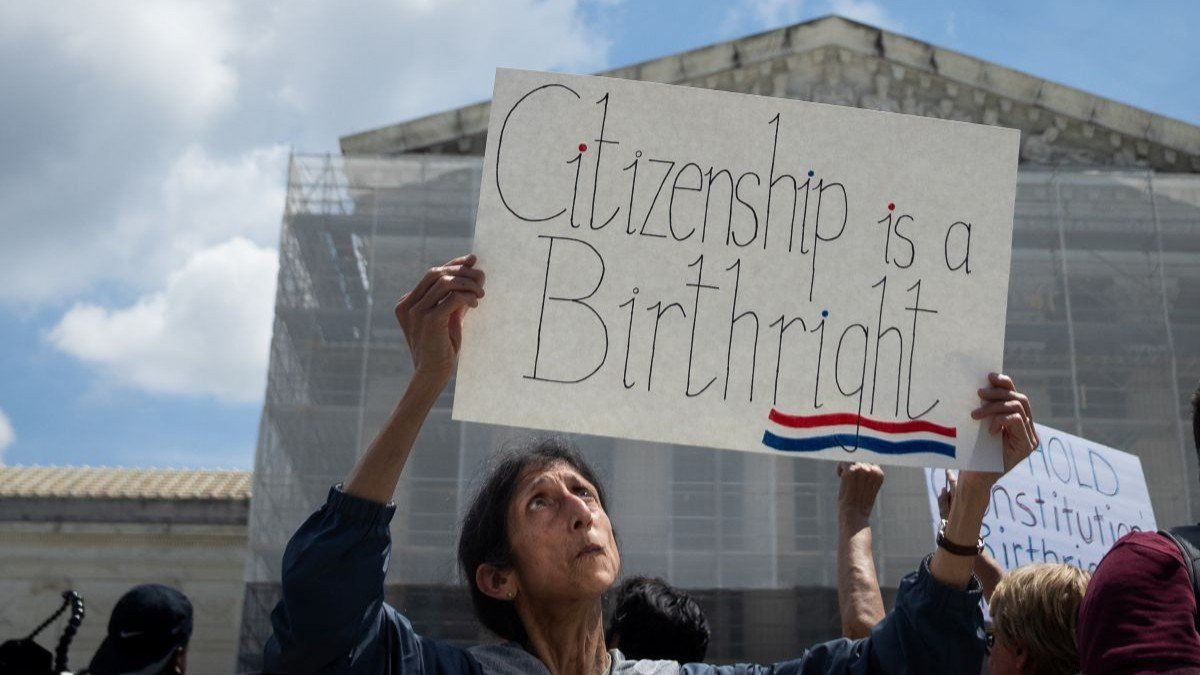14: The Supreme Court is reviewing arguments on the Trump administration’s plan to end birthright citizenship. A lower court blocked it, citing the 14th Amendment, which guarantees citizenship for “all persons born or naturalized in the United States.” The White House isn’t challenging the lower courts’ reasoning, but is arguing that the district judges lacked authority to issue nationwide injunctions in the first place.
3: Guyanese soldiers have come under attack three times in 24 hours in Essequibo, an oil-rich border region that both Guyana and neighboring Venezuela claim. Guyana has administered the region for decades, but Venezuela says it intends to have Essequibo included in its gubernatorial elections scheduled for May 25 as a means to fully incorporate the region.
114: At least 114 Palestinians were killed in Israeli airstrikes across Gaza on Thursday, including 56 in Khan Younis. Israel said it was targeting Hamas fighters. The strikes come as Hamas and Israel hold indirect talks on a potential ceasefire and hostage deal.
10.6 million: What do Garfield, Crookshanks, and Puss and Boots have in common? They’re orange and, until now, no one has known why. A group of scientists — with the help of 10.6 million yen ($72,800) in crowdfunding from cat lovers — found that ginger cats lack part of their genetic code, causing cells to produce lighter colors in their fur, eyes, and skin (especially in males). Orange you glad I didn’t say meow?
